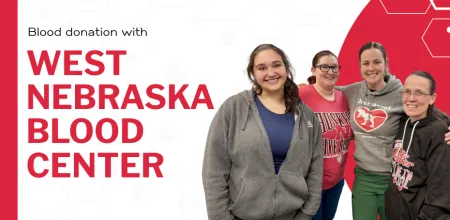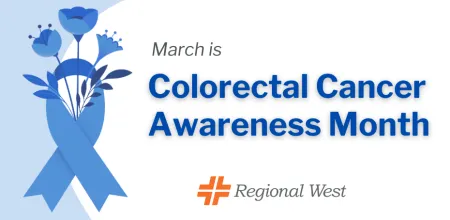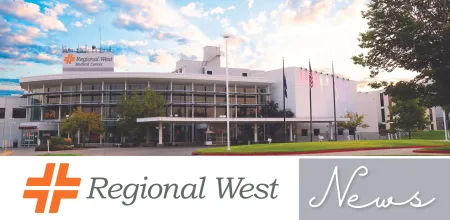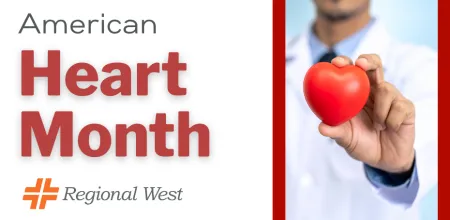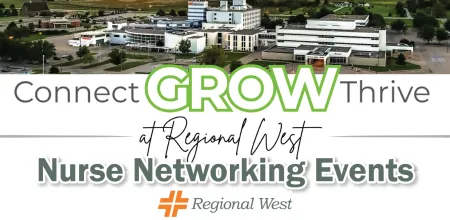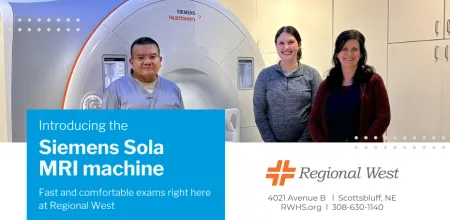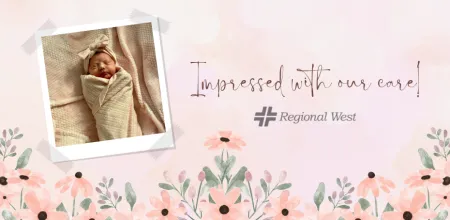Regional West Takes Steps to “Be Prepared” for Ebola

SCOTTSBLUFF, Neb., – Since the Centers for Disease Control and Prevention confirmed the first travel-associated case of Ebola to be diagnosed in the United States on September 30, Regional West’s Administration, Infection Control and Emergency Management staff have been actively reviewing protocols and policies to ensure appropriate precautions are in place for the safety of patients and employees.
On October 4, signs were posted in the Regional West Emergency Department advising patients of the incubation period and symptoms of Ebola and to alert health care providers if they had recently been in West Africa. By October 10, training was underway, and is continuing, for front line staff to identify signs and symptoms of Ebola.
While the probability of treating a person with Ebola in western Nebraska is low, the new training and safety guidelines go hand-in-hand with Regional West’s Safety Culture Initiative, which has been a hospital-wide strategic priority for the past five years. Staff has been well-trained to cross-monitor, validate and verify, take a “time out” before invasive procedures, and double-check that each person receives the right treatment, procedure, and/or medication. In addition, Regional West routinely trains staff about the use of PPE at new employee orientation, through mandatory annual employee testing, and annual PPE fit testing and monitoring.
Now Regional West is adding three new safety principles and five “Pillars of Safety” from the CDC to its safety training. By following the step-by-step instructions, staff will be better prepared to safely care for patients with high risk infectious diseases such as Ebola.
The three principles are: rigorous and repeated training, no skin exposure when wearing personal protective equipment (PPE), and having a trained monitor observe and supervise each worker when they put on or take off PPE.
In addition, Regional West is adopting the CDC’s five Pillars of Safety. The first pillar is that management should maintain a culture of worker safety in which appropriate PPE is available and correctly maintained and that workers are provided with appropriate training. Second is the designation of an on-site Ebola site manager. Third is clear, standardized procedures whereby facilities choose one of two options and have a back-up plan in case supplies are not available. Fourth, is to ensure all health care providers practice numerous times to make sure they understand how to appropriately use PPE. Fifth, is real-time oversight of the implementation of safety protocols.
“Our preparations and training are closely aligned with the latest CDC guidelines, in addition to valuable resources provided by Nebraska Medicine, Emory Healthcare, and others possessing valuable practical experience,” said Jonathan Morgan, MD, Regional West’s Chief Medical Officer.
While Regional West always maintains its inventory of PPE and isolation supplies, nationwide backorders and allocations prevent all U.S. healthcare facilities from placing additional orders at this time.
“As we move toward flu season, we expect and are able to treat patients who are seriously ill from the complications of a highly contagious virus, but Ebola has raised the bar. Now we are stepping up training and protocols (deleted supplies) so that we will be better prepared for diseases as unexpected as Ebola,” said John Mentgen, FACHE, Regional West Medical Center President and CEO.
Regional West Health Services, Scottsbluff, Neb., is the parent company for Regional West Medical Center, Regional West Physicians Clinic and Regional West Garden County. These organizations, with over 1,900 employees, provide comprehensive and innovative health care services for the people and communities of western Nebraska and the neighboring states of Colorado, South Dakota and Wyoming. With over 110 active physicians, plus an additional 25 consulting specialists, the Regional West family of health care organizations offers care that spans more than 30 medical specialties.
